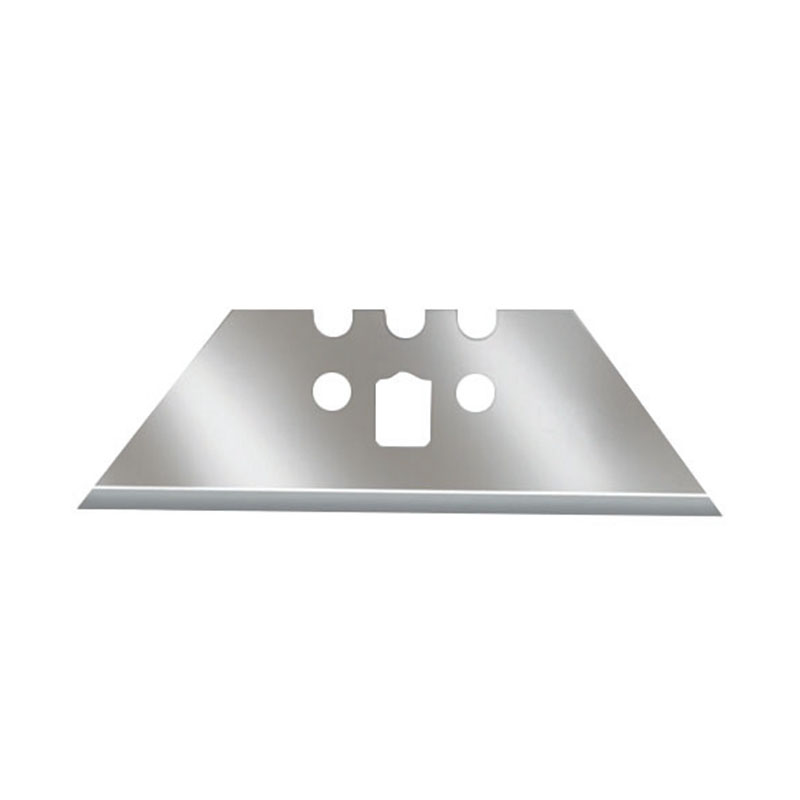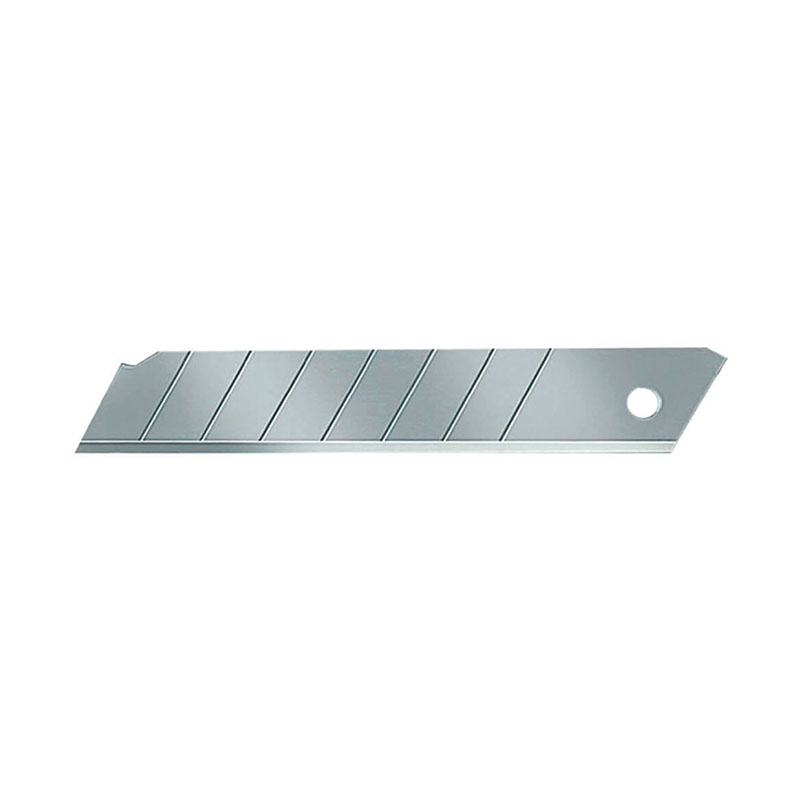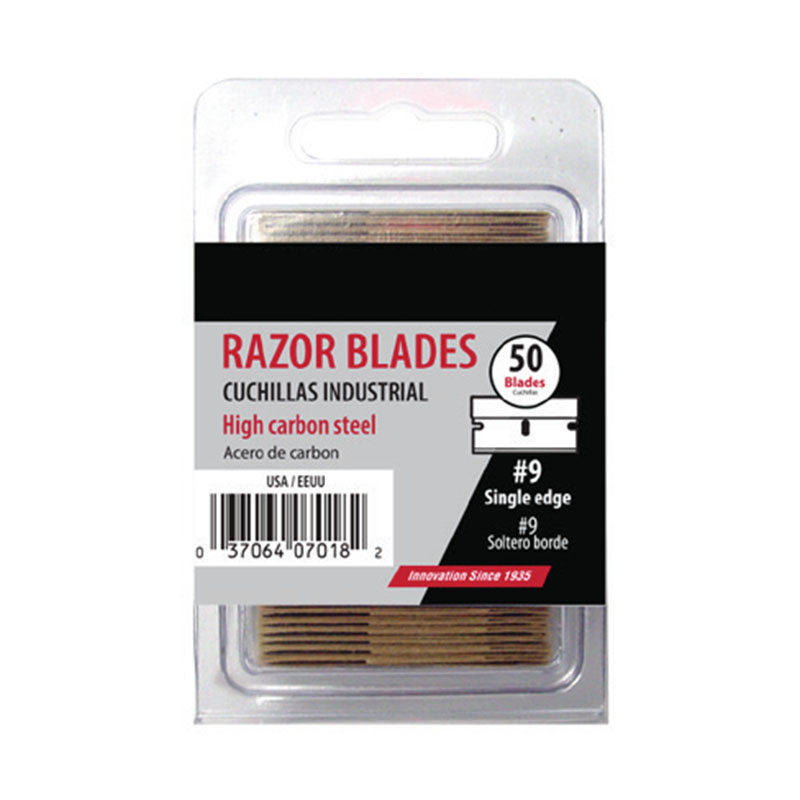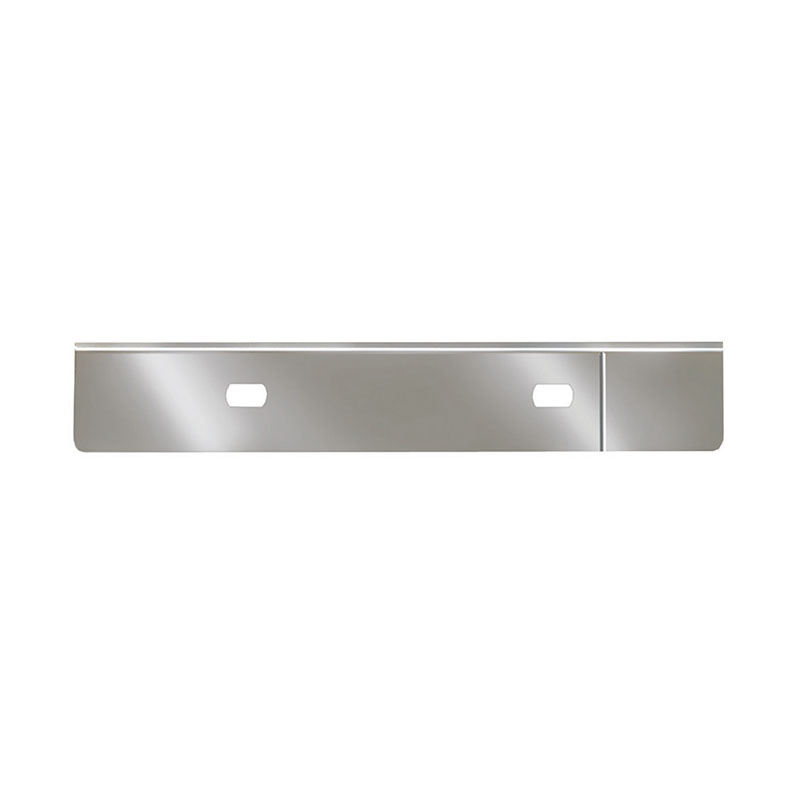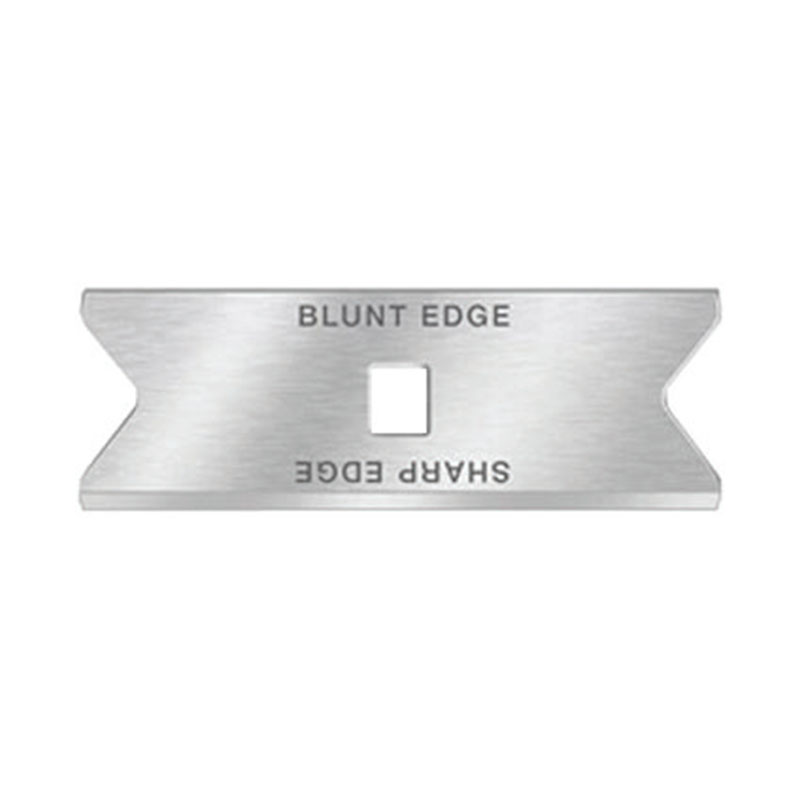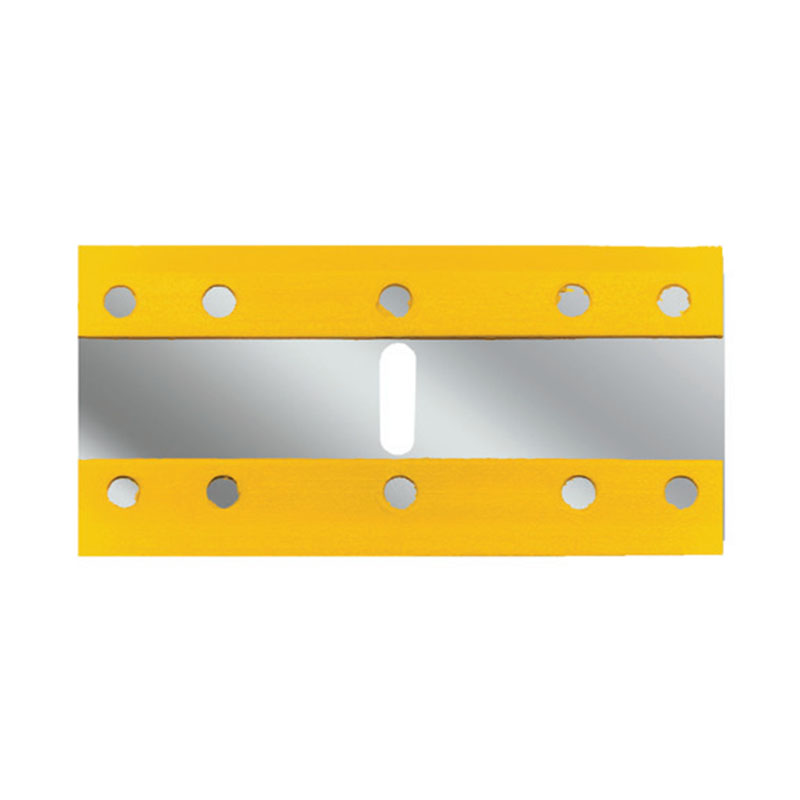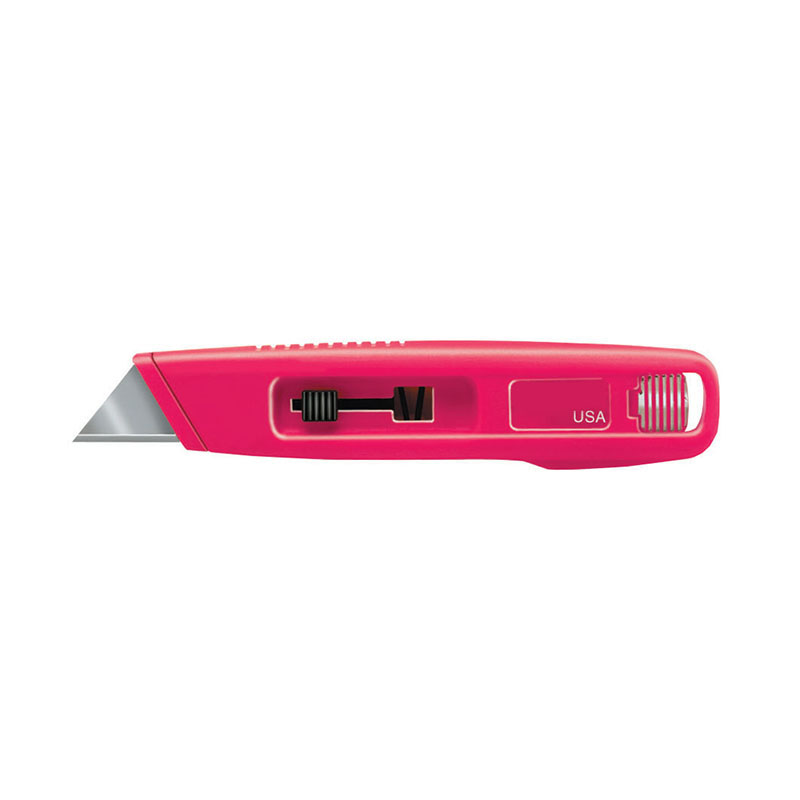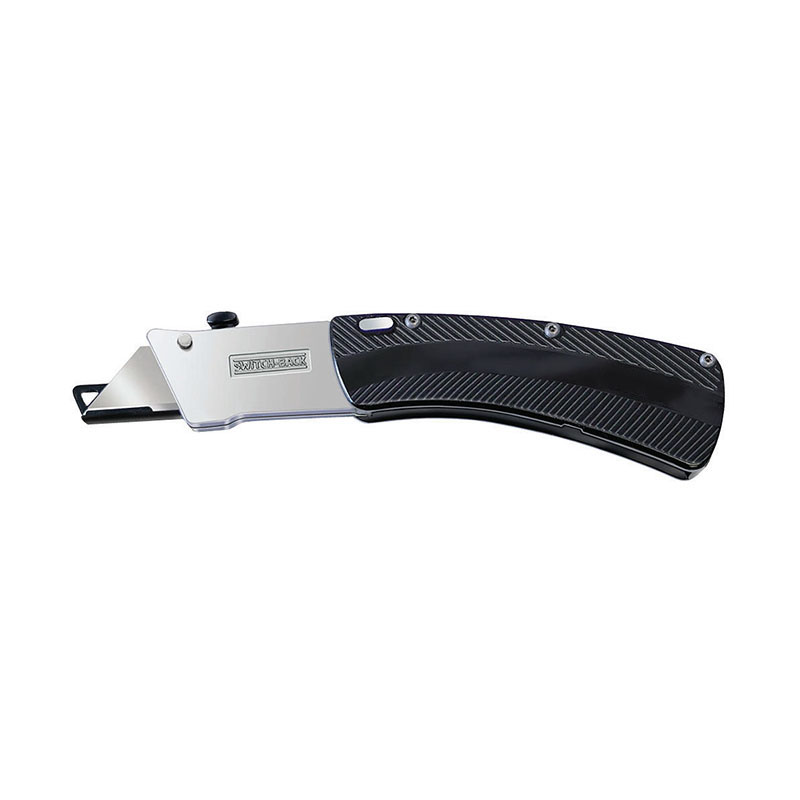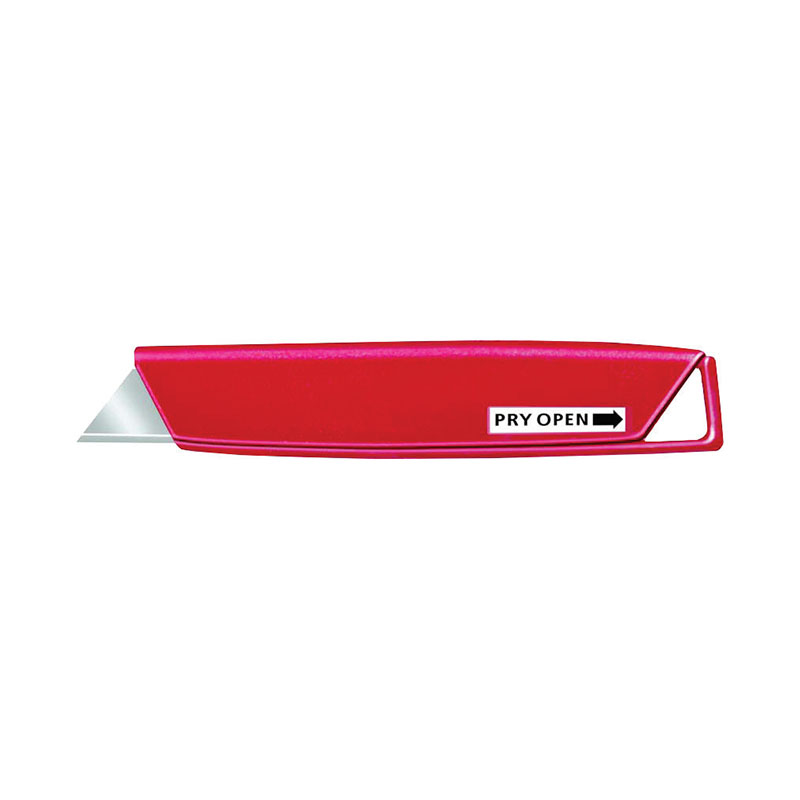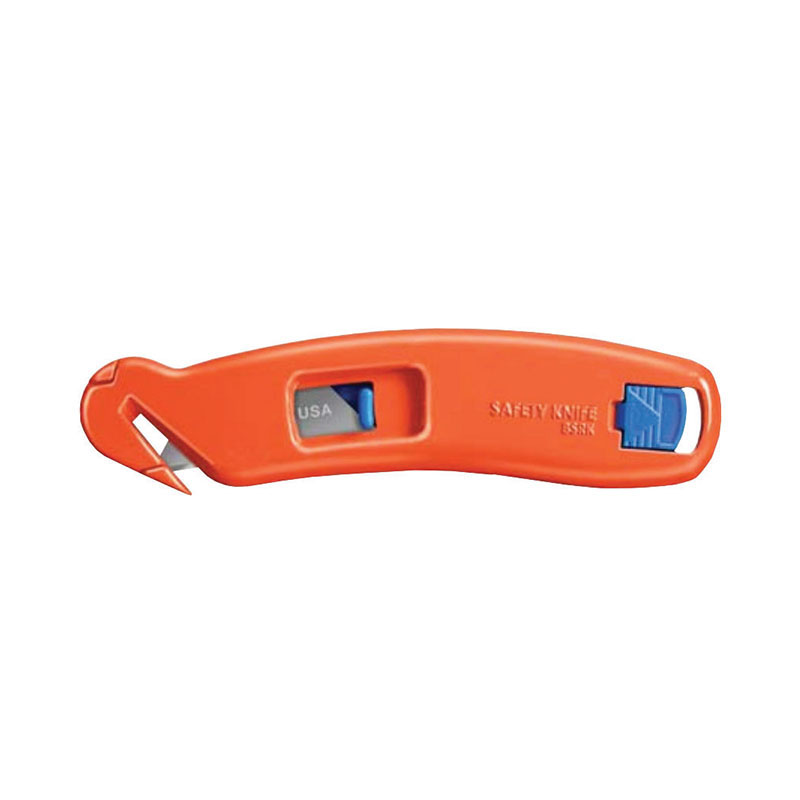- Home
- About
- Products
- Steel Wire Brush With Wooden Handle
- Brass Brush
- Steel Wire Brush With Plastic Handle
- Painting Tools
- Floor Brush And Scrubber Brush
- Painting Brush
- Patented Products
- Industrial Gloves
- Architectural Paint Brush Tool
- Knives & Blades
- Scrapers & Blades
- Putty & Joint Knives
- Taping Knives
- Drywall Repair
- Wallpaper / Flooring / Masonry
- Industrial Brushes
- Paint Accessories
- Other Hardware Tools
- Service
- Blogs
- Contact
Web Menu
- Home
- About
- Products
- Steel Wire Brush With Wooden Handle
- Brass Brush
- Steel Wire Brush With Plastic Handle
- Painting Tools
- Floor Brush And Scrubber Brush
- Painting Brush
- Patented Products
- Industrial Gloves
- Architectural Paint Brush Tool
- Knives & Blades
- Scrapers & Blades
- Putty & Joint Knives
- Taping Knives
- Drywall Repair
- Wallpaper / Flooring / Masonry
- Industrial Brushes
- Paint Accessories
- Other Hardware Tools
- Service
- Blogs
- Contact
Product Search
Exit Menu
The Versatility and Importance of Steel Brushes in Modern Industry
In the realm of industrial tools, the steel brush stands out as a versatile and indispensable component in various manufacturing and maintenance processes. Whether used for cleaning, deburring, or surface preparation, the steel brush plays a crucial role in ensuring the quality and longevity of products and machinery. Understanding the functionality and applications of steel brushes can provide valuable insights into their importance in modern industry.
The steel brush is a robust tool designed for a wide range of applications. Typically made from high-quality steel wires, these brushes are known for their durability and effectiveness in removing rust, scale, and other debris from surfaces. They come in various forms, including hand-held brushes, power brushes, and even specialized brushes for specific industrial applications. The versatility of the steel brush makes it a valuable tool in industries such as automotive, aerospace, construction, and manufacturing.
One of the primary uses of the steel brush is surface preparation. In industries where the quality of the surface finish is critical, steel brushes are used to remove old paint, rust, and other contaminants from metal surfaces. This ensures that the surface is clean and ready for new coatings, such as paint or protective sealants. The steel brush's ability to reach into tight spaces and corners makes it particularly effective for detailed work, ensuring that no area is left uncleaned.
Steel brushes are also essential in deburring operations. Deburring is the process of removing sharp edges and burrs from metal parts, which can be crucial for the safety and functionality of machinery. The steel brush's stiff bristles are ideal for this task, as they can effectively remove burrs without damaging the underlying material. This is particularly important in industries such as automotive and aerospace, where precision and safety are paramount.
In addition to cleaning and deburring, steel brushes are also used for rust removal. Rust can significantly weaken metal structures and machinery, making it essential to remove it promptly. Steel brushes are highly effective in this regard, as their steel bristles can penetrate rust and scale, leaving a clean and smooth surface. This not only improves the appearance of the metal but also enhances its durability and longevity.
The durability of steel brushes is another key feature that makes them highly valuable in industrial settings. Made from high-quality steel, these brushes can withstand repeated use and harsh conditions without losing their effectiveness. This makes them a cost-effective solution for industries that require regular cleaning and maintenance operations.
Safety is also a significant consideration when using steel brushes. While these brushes are highly effective, they must be used with care to avoid injury. Proper protective gear, such as gloves and eye protection, should always be worn when operating steel brushes. Additionally, it is important to follow the manufacturer's guidelines for use and maintenance to ensure ideal performance and safety.
Innovations in steel brush technology have led to the development of more advanced and efficient designs. Some modern steel brushes now feature ergonomic handles and adjustable heads, making them easier to use and more comfortable for extended periods. Others incorporate advanced materials and manufacturing techniques to enhance their durability and effectiveness.
The steel brush is a versatile and essential tool in modern industry. Its ability to clean, deburr, and remove rust from metal surfaces makes it an indispensable component in various manufacturing and maintenance processes. With a variety of forms and applications, the steel brush offers a level of versatility and effectiveness that is hard to match. As industrial processes continue to evolve, the steel brush remains a crucial tool for ensuring the quality and longevity of products and machinery.
-
 +86-13906791151
+86-13906791151
-
 sales@sanjiantools.com
sales@sanjiantools.com
-
 No.1 Xinggong Road, Huangzhai Town, Pujiang County, Zhejiang Province, China
No.1 Xinggong Road, Huangzhai Town, Pujiang County, Zhejiang Province, China


Client
Copyright © Zhejiang Pujiang Sanjian Tools Co., Ltd. All Rights  浙公网安备33072602100309号
Reserved.
浙公网安备33072602100309号
Reserved.

Construction Paint Tools Factory
 sales@sanjiantools.com
sales@sanjiantools.com 

 中文简体
中文简体 Deutsch
Deutsch Español
Español